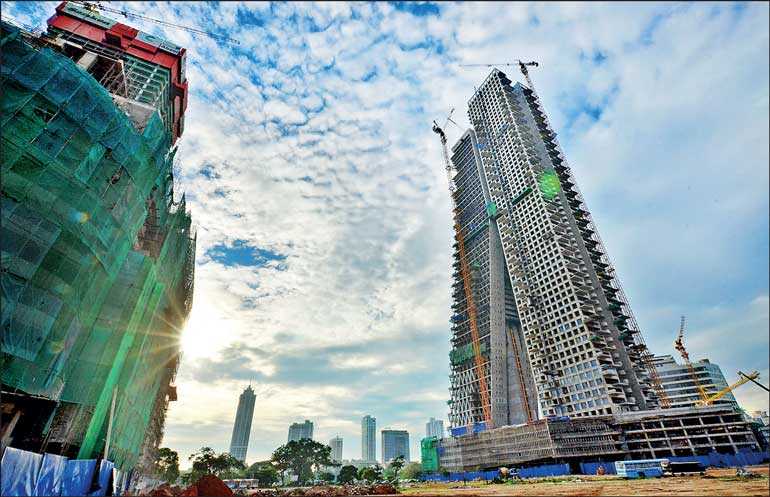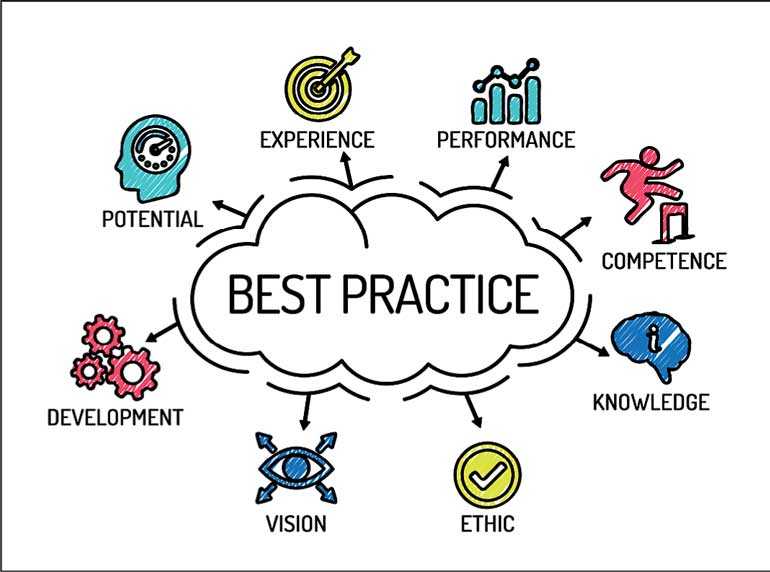Saturday Feb 21, 2026
Saturday Feb 21, 2026
Friday, 8 February 2019 00:00 - - {{hitsCtrl.values.hits}}


An opportunity for change
Happier and healthier employees take fewer sick days. According to a 2015 study, health and productivity  programs can cut costs by up to $1,600 per employee in reduced leave days. In today’s competitive recruiting climate, healthy and pleasant offices offer benefits beyond boosting performance. As well as returns in productivity, a focus on employee wellbeing increasingly plays a crucial role for companies in attracting and retaining talent.
programs can cut costs by up to $1,600 per employee in reduced leave days. In today’s competitive recruiting climate, healthy and pleasant offices offer benefits beyond boosting performance. As well as returns in productivity, a focus on employee wellbeing increasingly plays a crucial role for companies in attracting and retaining talent.
Workplaces are increasingly showing their commitment to their employees’ wellbeing through WELL certification, which officially recognises various aspects of a building that positively contribute to users’ mental and physical wellbeing—from air, water and light to comfort, fitness and a relaxed mind.
WELL certification is fast becoming a key standard of new office designs in the US, but it’s catching on in other regions too. In the UK, the Porter Building in Sloughwas the first in the country to meet the WELL gold standard with features including abundant natural light, fresh air, specially filtrated drinking water, noise reduction measures and a layout which is open and well planned. These important building developments also come under a broad heading which can be called Facilities Management.
Facilities management and its role
Facility Management (FM) is a profession that encompasses multiple disciplines to ensure functionality, comfort, safety and efficiency of the built environment by integrating people, place, process and technology.
The International Organization for Standardization defines FM as the “organisational function which integrates people, place and process within the built environment with the purpose of improving the quality of life of people and the productivity of the core business”.
Facility Managers (FMs) can have many different titles and arrive in their profession through a variety of career paths. They’re responsible for making sure systems of the built environment, or facility, work harmoniously. They contribute to the organisation’s bottom line through their responsibility for maintaining what is often an organisation’s largest and most valuable assets, such as property, buildings, equipment and other environments that house personnel, productivity, inventory and other important elements of operation.
FMs share common roles within their respective organisations, including:
The evolution of FM
Overall, Europe has had significant learning curves and Facilities Management (FM) is a mature market (of over 25 years) and an areaperceived as one that can have significant impact on corporate profitability. Although ISO 9001 is a certification aspired to by many in terms of products, for FM,it is ISO 41001 which is now emerging globally and now being implemented in British companies.
In high rise buildings, factories and large government buildings, ISO 41001 will be critically important as it will address areas such as human comfort in the building, operational processes and costs,and sustainability.FM clients are not limited to specific sectors but come from all areas of business such as: finance, consumer products, insurance, media, utilities, legal, public sector and professional services.
Globally, FM also makes its presence. Founded in 1980, IFMA is the world’s largest and most widely recognised international association for facility management professionals, supporting 24,000 members in more than 100 countries. It serves the global FM community through industry thought leadership, professional development opportunities, networking inroads, advocacy and career resources.
South Asia lags behind
South Asia as a whole as yet has not fully understood or embraced the value of FM. It is not seen yet as a critical tool of the business to maximise the utility of the building, encourage staff to give their best, minimise unnecessary costs and improve sustainability.
Some of thequestionsthe senior management and directors need to ask are: how much sick leave do staff take? How often do we review our procurement policies? Do we have a separate FM department or is the building merely relegated to administration? Is FM a critical area reviewed by finance and how much data is collected?
In order to optimise FM services, data collection and benchmarking service provide business intelligence forcompaniesto measure the performance of their buildings andto compareit, to other organisations.Useful benchmarks can include:
Efficiency performance analysis (cost + space + utilisation) for national or multinational portfolios
Effectiveness analysis – measuringthe impact of workspace on employee productivity
Baselining– typicallyused ahead of business change programs to support evidence-based improvement measurement
FM in Sri Lanka
The FM market in Sri Lanka has a long way to go and in still at early stages. FM can be incorporated at the early stages of a construction project through key factors such as air, light, comfort, likeability (mind), sustainability and cost control.
Through expertise in FM, building maintenance costs, staff output and even corporate output and profitability can be significantly increased.Even existing buildings can benefit a lot by incorporating analytical FM services which go far beyond merely the supply of maintenance labour and janitorial services. Through a holistic review of the FM function, performance and service quality can be incorporated as a single index to provide a road map towards improvement and best practice.
Today, in Colombo’s fast developing high rise developments, prospective apartment owners would truly benefit from excellent FM practices both in the short-term and in the long-term.
(The writer is attached to AIE/EvbexAsia and can be contacted at [email protected].)